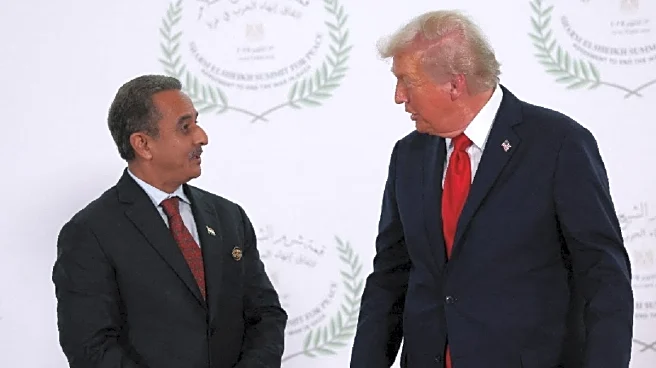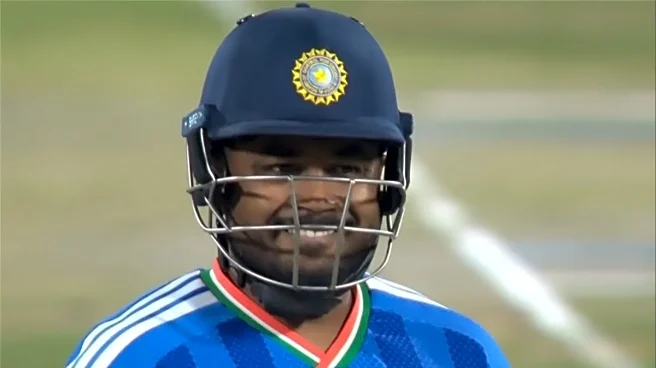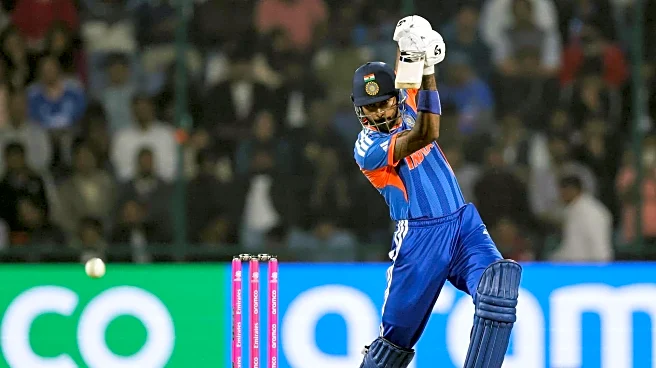India’s decision to send Minister of State Kirti Vardhan Singh to represent the country at the Sharm el-Sheikh Gaza peace summit has sparked a discussion among diplomats and political leaders, after Congress
MP Shashi Tharoor described New Delhi’s “relative absence” from the high-profile meeting as puzzling on Monday.
“India’s presence at the Sharm el-Sheikh Gaza peace summit, at the level of a Minister of State, stands in stark contrast to the heads of state gathered there. Strategic restraint or missed opportunity?” Tharoor said in a social media post.
Shortly after the summit the Congress MP from Kerala said on X that he was not questioning the competency of Kirti Vardhan Singh but was highlighting what he thought was “India’s choice signalling a preference for strategic distance”.
“This is no reflection on Kirti Vardhan Singh, whose competence is not in question; but given the galaxy of grandees present, India’s choice could be seen as signalling a preference for strategic distance, which our statements don’t convey. And for reasons of protocol access alone, India’s voice at the Summit on issues of reconstruction and regional stability may carry less weight than it could have,” Tharoor said, adding that India’s “relative absence” when West Asia is in a flux was “puzzling”.
Responding to Tharoor’s remarks, former Foreign Secretary and current JNU Chancellor Kanwal Sibal defended the government’s decision, saying sending a Minister of State was “the right one at this juncture.”
The Gaza peace summit is a good first step but with many very contentious steps remaining the outlook for lasting peace is fraught.
The Israel- Palestine issue is far from being resolved.
Beyond that the related Israel- Lebanon/Syria/Iran issues need resolution for any… https://t.co/BNQIMfP54s
— Kanwal Sibal (@KanwalSibal) October 13, 2025
In a detailed post on X, Sibal said the Gaza peace summit was “a good first step,” but cautioned that “the outlook for lasting peace is fraught” given the unresolved conflicts involving Israel, Palestine, Lebanon, Syria, and Iran. He also described the proposed reconstruction plans for Gaza as “very controversial,” alleging that they involved “questionable real estate Western business interests.”
Explaining why India’s representation was appropriate, Sibal pointed to “tariff issues” that need resolution before a meeting between Prime Minister Narendra Modi and US President Donald Trump. “Modi going to Gaza would have perforce involved a meeting with Trump prematurely,” he said.
Sibal, who has served as India’s ambassador to Turkey, Egypt, France, and Russia, argued that India’s approach was the “right one”.








/images/ppid_a911dc6a-image-17709104325969952.webp)

/images/ppid_59c68470-image-177091003748320658.webp)

/images/ppid_59c68470-image-177091003360947404.webp)


